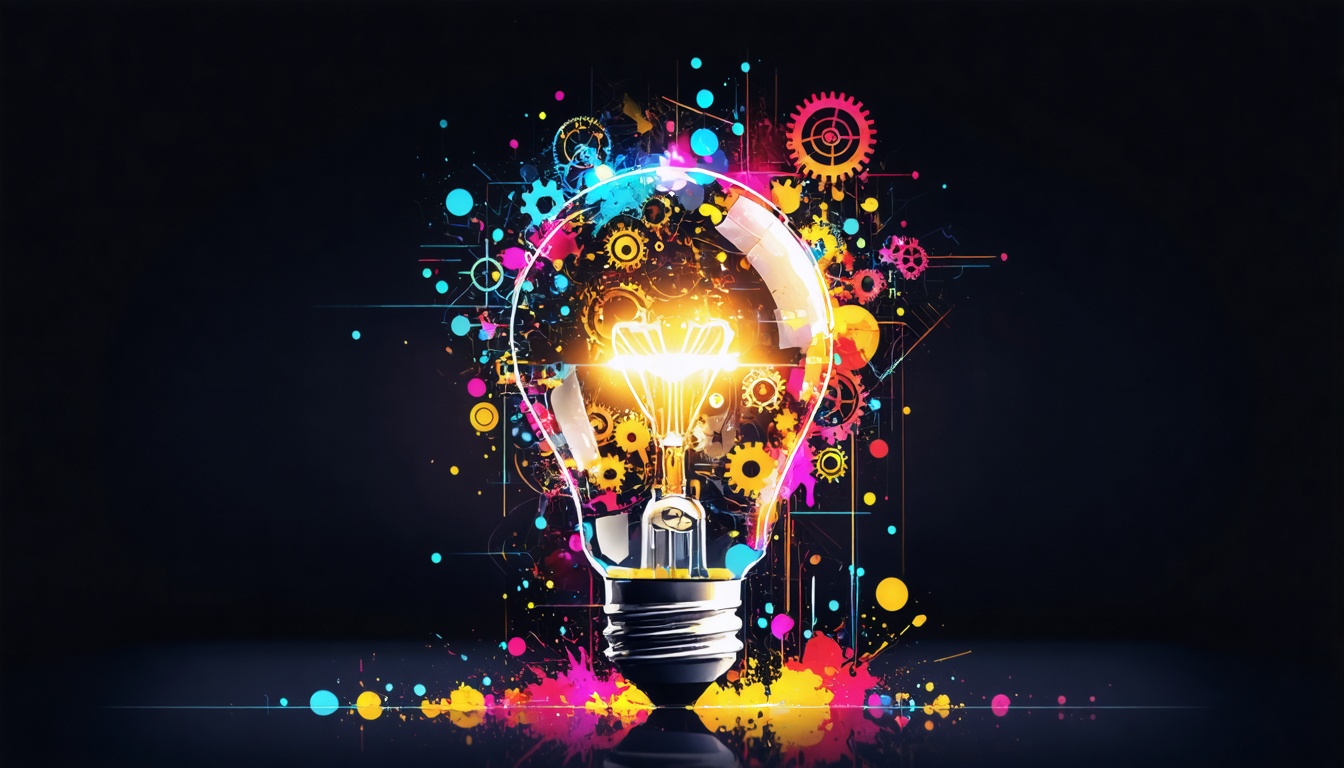Learn how AI agents revolutionize expert witness database creation, improving efficiency for paralegals. Discover solutions for data overload and accuracy.
AI Agents in Action: Automating Expert Witness Database Tasks for Paralegals
Managing expert witness databases as a paralegal means juggling professional credentials, testimony histories, case outcomes, and conflict checks. This creates database management challenges that directly impact case preparation.
AI agents now automate this process by watching, updating, and validating expert witness information across multiple sources in real-time, making your database more reliable while saving hours of tedious work.
Current Challenges Faced by Paralegals
Paralegals who create and maintain expert witness databases struggle with numerous hurdles, including information overload when gathering and organizing massive amounts of data about potential experts.
- Verification difficulties arise when checking expert credentials, certifications, and claimed experience, often requiring multiple sources.
- Continuous updates are needed as experts gain new credentials, publish works, or participate in more cases.
- Matching experts to cases requires careful consideration of both case needs and expert abilities.
- Information sharing is complicated when expert witness knowledge stays trapped within individual attorneys or practice groups.
- Credibility assessment, including evaluating an expert's history of challenges and outcomes, is crucial but labor-intensive.
- Database maintenance needs consistent effort to keep information searchable, accessible, and relevant over time.
These challenges show why old-school manual methods of expert witness database management just don't work anymore. The volume of information, combined with the need for accuracy and timely updates, creates a heavy burden for legal teams.
AI Agents Automate Expert Witness Database Creation
AI agents are completely changing how expert witness databases are created and maintained, delivering unprecedented efficiency and accuracy. These systems streamline data collection, verification, and maintenance tasks that once consumed hours of paralegals' time.
Data Collection and Integration
AI agents excel at gathering expert witness information from diverse sources, from court records to academic publications to professional websites. Using NLP and machine learning, these systems automatically crawl and extract relevant data from multiple online platforms and automate scanned document parsing, enabling efficient document processing.
They sort through unstructured text in legal documents to find key details about experts and combine information from various sources into a clean, standardized database, significantly speeding up the automation of evidence cataloging.
This multi-source approach creates a complete profile for each expert witness that far outpaces what manual research could ever accomplish.
Data Verification and Entry
One of AI's biggest advantages in expert witness database creation is its verification ability. AI agents can check data points across multiple sources to confirm accuracy, highlight inconsistencies or potential errors for human review, and track formal challenges to expert testimony and their outcomes. This level of detail simply might not be possible with manual methods.
Continuous Updates and Maintenance
Keeping expert witness databases current is a challenge that AI agents handle exceptionally well. These systems constantly monitor relevant sources for new information about experts and automatically update expert profiles when new publications, cases, or credentials appear.
They also flag significant changes, such as testimony challenges or disciplinary actions, ensuring legal teams always have the latest information about potential expert witnesses, without spending hours on manual updates.
Search and Accessibility Enhancements
AI-powered expert witness databases offer smart search features that dramatically improve usability, including natural language processing for intuitive searches and advanced algorithms that match case needs to expert qualifications.
These improvements help legal teams quickly identify the most suitable experts for their cases, saving valuable time in selection.
By automating these critical aspects of expert witness database creation, AI agents are changing how legal professionals approach expert selection and case preparation. The efficiency gains are substantial, letting paralegals and attorneys focus on higher-value tasks while trusting in the completeness and accuracy of their expert witness information.
Implementation Steps for AI in Database Automation
Adding AI agents to your legal database systems requires a smart approach to minimize disruption and maximize efficiency. Here's how to make it happen:
Defining Objectives and Requirements
Start with a thorough assessment of your current database systems and workflows. Identify specific problems that AI can solve, like improving contract management or streamlining research.
Align the integration with your organization's strategic goals, whether that's cutting costs, improving client service, or enhancing compliance.
Set clear, measurable goals for your AI implementation. Create key performance indicators (KPIs) and collect baseline metrics to measure progress objectively. This might include time saved, accuracy rates, or user satisfaction scores.
Choosing the Right AI Technology Stack
Picking the right AI solutions is critical. Consider whether to build custom solutions, use external vendors, or take a hybrid approach based on your needs, data sensitivity, and budget.
When evaluating AI providers, check that they meet data security standards and offer solid integration capabilities.
Key technologies to consider include Natural Language Processing for parsing legal documents, Machine Learning algorithms for pattern recognition, and advanced search algorithms for detailed querying of expert witness databases.
Training the AI Model
Develop a thorough training program for both the AI system and your staff. For the AI, this means feeding it quality, diverse legal data to ensure accuracy and reduce bias. The AI should be trained on legal terminology and document formats specific to your practice, with continuous refinement based on feedback and new data.
For your team, provide in-depth training on both technical aspects and practical applications, with ongoing support and open communication to address concerns and adoption barriers.
Integration with Existing Systems
Smooth integration with your current legal management systems is crucial, and AI-powered pipeline automation can facilitate seamless data flow. Plan for data migration from legacy systems, addressing compatibility and quality issues.
Ensure the system can grow with your needs and evolving legal requirements, and set up clear governance frameworks for oversight and ethical AI use. Collaboration between IT teams, legal professionals, and support staff throughout integration ensures alignment between technical capabilities and workflow needs.
By following these steps and considering your unique requirements, you can successfully integrate AI agents to automate expert witness database creation and boost your organization's efficiency. Remember to continuously monitor, evaluate, and adjust your AI implementation to ensure ongoing success and alignment with your evolving legal practice.
Addressing Challenges and Ethical Considerations
When bringing AI agents into expert witness database management, legal professionals must tackle several key challenges and ethical issues to ensure responsible implementation.
Data Privacy and Security
Handling sensitive legal data demands strong security measures. AI systems processing expert witness information must follow strict data protection protocols, including encryption, access controls, and regular security audits.
Law firms must prioritize encryption protocols, access controls, and compliance with industry regulations when deploying AI solutions. Compliance with data privacy regulations is essential, especially when dealing with expert witness data containing personal or confidential information.
Ethical Considerations
Using AI in legal settings raises important ethical questions. We need to ensure unbiased data handling and decision-making. AI systems must be designed and trained to avoid reinforcing existing biases in the legal system. This is crucial when AI evaluates or recommends expert witnesses, as biased algorithms could unfairly affect case outcomes.
Transparency in AI decision-making is vital. Legal professionals must be able to explain AI-generated recommendations or analyses, especially when they influence expert witness selection.
As AI becomes more common in legal practice, human oversight remains critical to uphold ethical standards and ensure fair legal proceedings.
By tackling these challenges and ethical considerations head-on, legal professionals can use AI to enhance expert witness database management while maintaining the integrity of the legal process. Continuous evaluation and refinement of AI systems, along with strong governance frameworks, will help navigate the evolving landscape of AI in legal practice.
Datagrid for Legal Professionals
Legal professionals manage vast document repositories, complex case information, and time-sensitive workflows. Datagrid's AI-powered platform delivers specialized solutions for law firms and legal departments:
Intelligent Document Review: Process thousands of legal documents simultaneously, extracting key clauses, obligations, dates, and parties from contracts, case files, and discovery materials with unprecedented speed and accuracy.
Case Research Enhancement: Deploy AI agents to analyze case law, statutes, and legal precedents across multiple jurisdictions, identifying relevant authorities and legal arguments tailored to your specific matters.
Due Diligence Acceleration: Streamline M&A and transaction due diligence by automatically reviewing and categorizing corporate documents, identifying potential risks, and creating comprehensive summary reports.
Contract Management Automation: Extract critical terms, renewal dates, and obligations from your contract portfolio, enabling proactive management of deadlines and compliance requirements.
eDiscovery Optimization: Reduce discovery costs by having AI agents pre-screen documents for relevance, privilege, and confidential information before attorney review, significantly reducing billable hours spent on document review.
Legal Brief Preparation: Analyze past filings, court decisions, and opposing counsel arguments to generate comprehensive research summaries that accelerate brief writing and legal argument development.
Compliance Monitoring: Stay ahead of regulatory changes with AI agents that continuously scan for new regulations and compare them against your clients' practices or corporate policies to identify potential exposure.
By implementing Datagrid in your legal practice, your attorneys can focus on high-value legal analysis and client counseling while AI handles the document-intensive tasks that traditionally consume valuable billable time and resources.
Simplify Legal Tasks with Datagrid's Agentic AI
Don't let data complexity slow down your team. Datagrid's AI-powered platform is designed specifically for teams who want to:
- Automate tedious data tasks
- Reduce manual processing time
- Gain actionable insights instantly
- Improve team productivity
See how Datagrid can help you increase process efficiency.













